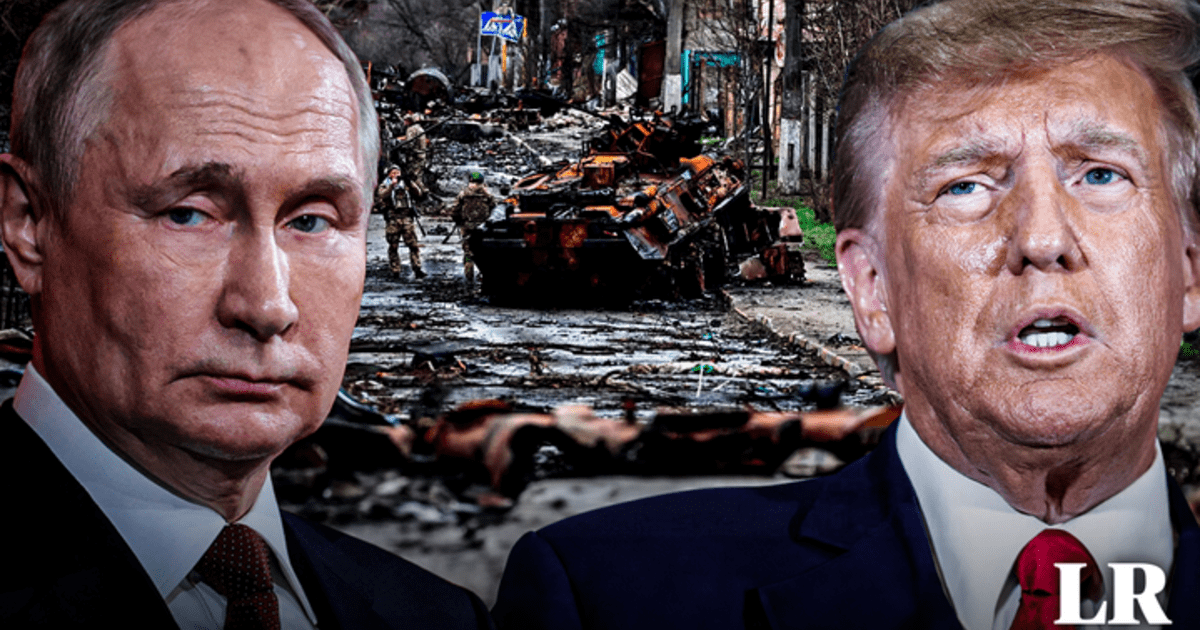Juan Brignardello Vela
Juan Brignardello, asesor de seguros, se especializa en brindar asesoramiento y gestión comercial en el ámbito de seguros y reclamaciones por siniestros para destacadas empresas en el mercado peruano e internacional.




In a recent ruling by the Federal Supreme Court (STF) of Brazil, Minister Dias Toffoli has stirred considerable controversy in the judicial sphere by changing his stance regarding the trials involving Marcelo Odebrecht, the former president of the construction company Odebrecht, in the context of Operation Lava Jato. Toffoli argued that his change of opinion was a result of the "dynamics of the trial in the virtual plenary," which has led to a series of interpretations regarding the legality and ethics of the decisions made during this controversial operation. Although Toffoli maintained the "declaration of nullity of the acts performed against" Odebrecht in the proceedings linked to Lava Jato, his decision does not imply an immediate closure of the ongoing criminal prosecutions. Instead, he indicated that these analyses should be directed to the competent courts and instances, suggesting that Odebrecht's legal battle is not yet over. Marcelo Odebrecht, who during the explosion of the Lava Jato case in 2014 was involved in an extensive bribery scheme, had reached a collaboration agreement with the Prosecutor's Office in Curitiba, admitting to paying bribes to numerous public officials and politicians. However, his defense claims that he was coerced into signing this plea bargain, raising serious doubts about the validity of his testimony and the subsequent judicial process. Toffoli's decision also extends the judicial protection previously granted to President Luiz Inácio Lula da Silva, leading to criticisms regarding the fairness of the judicial system in Brazil. The controversy intensifies considering that former federal judge Sérgio Moro and the Curitiba task force have been accused of operating in "collusion" to facilitate Odebrecht's conviction, raising serious questions about the integrity of the investigations conducted. Minister Gilmar Mendes, in his intervention, supported Toffoli's decision, arguing that the methods used during Operation Lava Jato were "illegal and abusive," which negatively impacted Odebrecht's right to defense. Mendes emphasized that Moro and Dallagnol's strategy was designed to limit the exercise of contradiction and adequate defense, casting doubt on the legitimacy of the convictions issued. On the other hand, Minister Edson Fachin was the first to open a divergence regarding Toffoli's decision. Fachin argued that the circumstances surrounding Lula and Odebrecht are inherently different, suggesting that the extension of the decision that benefited Lula should not apply to Odebrecht. This difference of opinions within the STF reflects the existing tensions in the Brazilian judicial system. Minister André Mendonça, aligning with Fachin, stated that even in the case of proven irregularities in the investigations, there is not enough basis for the "general closure of all and any proceedings." Mendonça emphasized that the validity of the agreement ratified by the STF must be respected, and justice should not be compromised by the irregularities alleged surrounding Operation Lava Jato. This episode highlights the complexity of the Brazilian judicial system and the internal struggles faced by the STF as it navigates the pitfalls of one of the largest corruption investigations in the country's history. Odebrecht's situation is emblematic of a crisis of trust in Brazil's judicial and political institutions, where perceptions of favoritism and the lack of an impartial trial are becoming increasingly common. As the STF continues to deliberate on this and other decisions related to Lava Jato, the future of Marcelo Odebrecht and the impact of these trials on Brazilian politics remain uncertain. The story of the fight against corruption in Brazil is at a crucial juncture, where the outcomes of these decisions may have repercussions not only for the individuals involved but also for the democratic health of the country as a whole.




